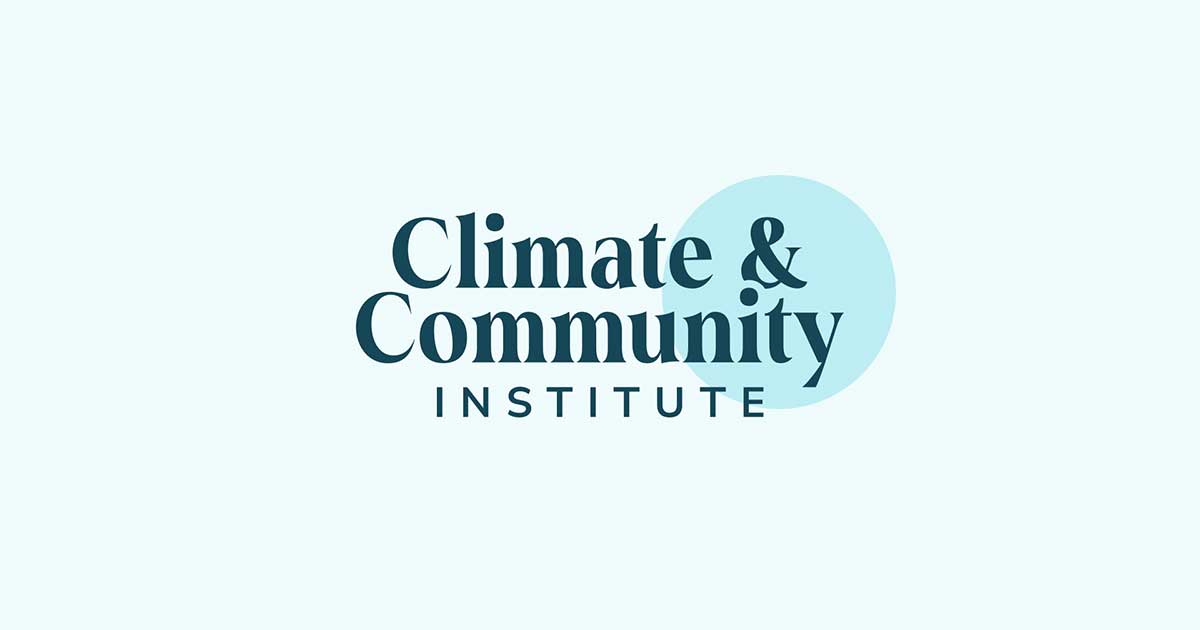Seize the Future
A bold, progressive climate agenda for 2024 and beyond
The polycrisis is wreaking economic insecurity, mass death and genocide, climate disasters, and other kinds of instability on working people worldwide.
Progressives must put forward policies that link kitchen table issues to political economic crises and the compounding climate emergency. Read on for our comprehensive, justice-oriented agendas around which progressives should organize in 2024 and beyond.
Winning durable change requires a policy platform that tackles the root causes of the existential challenges of our moment. Neoliberalism has failed the working class by providing stopgap measures to the interlocking problems of economic inequality, never ending war, racism, and environmental degradation.
It’s time to seize the opportunity for change that delivers a greener, fairer future for all.
Tackling the Cost of Living Crisis
The cost of living crisis is a climate crisis.
To build momentum for climate action, progressives need to show how this cost of living crisis affects climate, and how progressive climate policies can help solve that crisis. The most effective path forward is to tackle the climate crisis and the cost of living crisis together to deliver immediate relief and safety to working families–and build a broad coalition of people who demand and will benefit from ambitious climate action.
Policy Recommendations
- Slash housing costs and deliver healthy, green, affordable homes for all
- Lower household costs by investing in essential public services
- Invest in safety nets to reduce costs and raise standards of living
Supplying good jobs and infrastructure
The energy transition requires empowered workers and robust planning.
Averting climate catastrophe requires comprehensive, all-out action by the United States, the world’s top historic emitter and among the highest per capita emitters. However, to date the United States has failed to confront the crisis at scale. In order to stay under 1.5 Degrees Celsius and stave off the worst impacts, the world must cut carbon emissions in half by 2030. The United States is nowhere near on track for that goal. Now is the time for an agenda that rapidly builds the new, green economy.
Policy Recommendations
- Empower the green working class
- Construct supply chains that build worker power and community benefit
- Coordinate the energy transition
Ending forever wars
US foreign policy should be for peace, security, and climate justice.
As the world’s largest economy, most powerful geopolitical state, and biggest historical emitter of greenhouse gas emissions that are driving the climate crisis, the United States has a unique responsibility to rapidly decarbonize at home while enabling just transitions around the world. The US has an opportunity to facilitate a new era of peace, prosperity, and cooperation–but only if foreign policy priorities and roles in key international fora shift to promote those objectives.
Policy Recommendations
- End the genocide in Gaza and stop arming Israel
- Cut military spending, close bases, and clean up military pollution
- Reform international finance and trade systems for safer climate futures
Preventing disasters and protecting migrants
The climate crisis is forcing people worldwide to move in response to environmental and economic shocks.
For communities from Florida to California to Pakistan to Honduras, the climate crisis has already arrived–and is forcing people to move in response to environmental disasters and economic shocks. While the climate crisis demands an internationalist outlook, the impacts of climate change are highly localized and differentiated. They require solutions that attend to that variation coupled with structural reforms to the financial mechanisms that enable recovery when disaster strikes.
Policy Recommendations
- Prevent disasters and promoting community resilience in the US
- Promote just and humane migration policy
- Address the causes of migration





